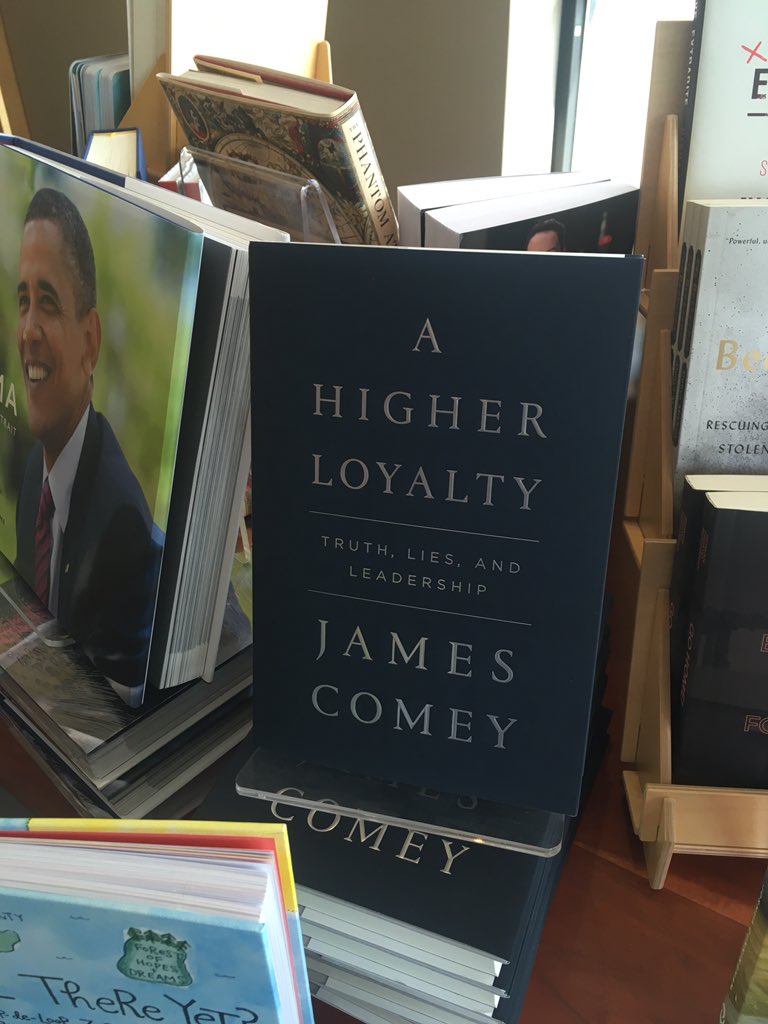the struggle for dominance between words and music in vocal music
amazon.com/Angels-Cry-Bey…
are they tears of joy? tears of sadness?
(you can see how this goes beyond opera)
pleasure--defined by a *limit* to the intensity of the artistic effect on the audience
vs
jouisssance--a lot harder to define, characterized by emotional upheaval
lots of Lacan, lots of Freud, smokes an entire cigarette and waves a hand philosophically every paragraph or so
And that's where it starts to get slightly paradoxical.
As a writer, I bristle a bit at that, but as a musician, there's something there.
For a *very* restrained example, check out the vocal break here:
I'm going to bet if you cried during "Do you want to build a snowman?" from Frozen, you either teared up, or started crying harder, around 2:57.
They're still stylized somewhat, obviously--the singer doesn't actually break down sobbing--but.
(Semi-spoiler: this is actually about gender and the Church)
Like, that's higher than I can sing, but not superhumanly high. Like, here's 50 singers doing it.
Whereas I think male voices didn't really go any lower in opera after Monteverdi's Orfeo, and that was in 1607.
Well, the answer to that appears to be a mix of religion and physics.
So just mechanically, there's already a potential tension between aesthetic requirements and linguistic intelligibility ones.
So do high notes bring the singer closer to being angel or being animal?
If a diva does it well, she gets the former.
Take a guess. The church has generally been on the side of the primacy of the word--the primacy of the Word, in fact--and has often been nervous about art slipping any sort of bonds.
But if you think about it--I'll get into examples--the fact that What Opera Singers Were Doing With Their Voices was so often cast in moral or ethical terms is... decidedly odd.
So early Church music was completely subservient to the word.
And that's where you ultimately get a lot of those really extraordinary chants.
And the beginning of the development of classical music!
But also the beginning of tension between aesthetics and utility, which is a knife-edge to walk. (The Puritans, for example, just gave up and prohibited religious music entirely.)
That "effeminate" bit is going to come back to haunt us in European music, all the way to Wagner's "Music is a woman."
And opera got started following a bunch of Florentine philosophers hanging out and attempting to revive ancient forms of artistic expression, like Greek tragedy.
So along comes Monteverdi, arguably the founder of opera, who's very good at operating within those constraints... and also at subverting them at times.










